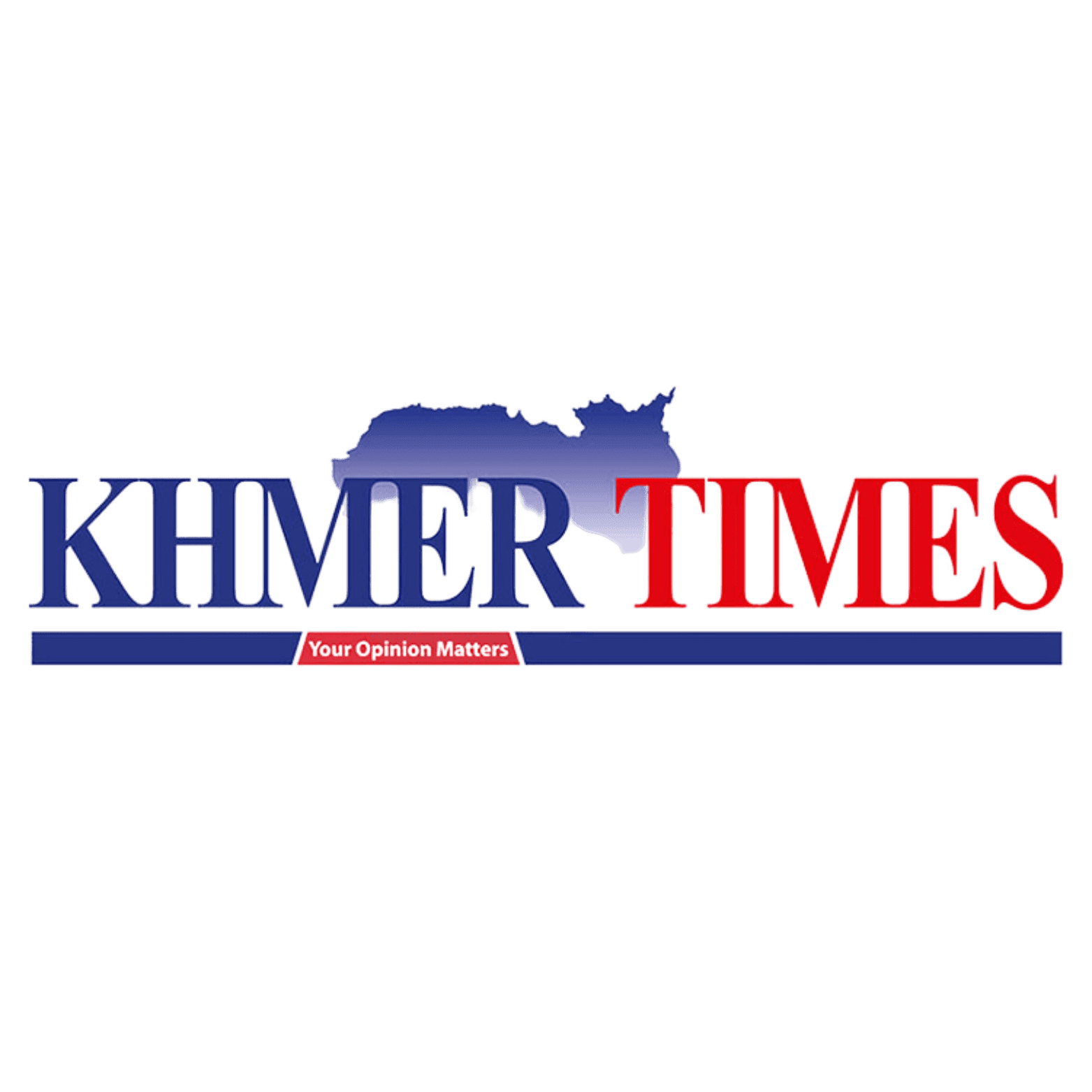When it comes to banking and finance in Cambodia, the National Bank of Cambodia (NBC) is Cambodia’s central bank and monetary authority. It is the supervisory regulator of all financial institutions in the Kingdom, including Microfinance Institutions (MFIs), Microfinance Deposit-taking Institutions (MDIs), specialized banks and commercial banks, and operators of e-wallets, remittance services, insurance companies among others. NBC has the authority to inter alia license banks and issue permits for e-wallet providers, regulate money transfers and remittances, manage and conduct foreign exchange transactions, provide credit, and establish credit ceilings and interest rate guidelines.
In recent years, NBC has proactively promoted the use of the Khmer Riel to mitigate the risks inherent in a highly dollarized economy; as Cambodia aspires towards middle-income status, high dollarization leaves the country vulnerable to external shocks and can threaten its hard-earned economic gains. This will serve to bolster its role as the country’s central bank as a more effective monetary policy will be one of the policy instruments it needs to promote price stability and sustainable economic development for the Kingdom. For example, all taxes and utilities are to be paid in the local currency, and the value of the Khmer Riel is maintained through a stable exchange rate.
The minimum capital requirement for commercial banks is USD 75 million, but this will be raised gradually to USD 200 million over the next few years. Specialized banks must maintain at least USD 15 million in registered capital whereas that for MFIs is USD 1.5 million. MFIs are generally authorized to engage in credit services and savings, but an MDI license is required for the collection of deposits from members of the public. According to NBC’s record as of 31 December 2020, there were 47 commercial banks, 12 specialized banks, 6 MDIs and 73 MFIs in the Kingdom. These numbers would be subject to change due to the exacting and cumulative challenges brought about by the Covid pandemic over the past two years, as some could have undergone mergers and acquisitions. A quick survey of the banking landscape reveals a broad spectrum of representation from various countries such as Canada, China, Cambodia, France, Japan, Malaysia, South Korea, Singapore, Thailand, and Vietnam.
The only Singaporean-owned bank in the Kingdom is Phillip Bank, a member of Phillip Capital Group established since 1975.
Fixed Deposit Rates in the Kingdom are one of the most attractive in the region at an average of 5.5% to 8% depending on the tenure and currency (in line with NBC’s efforts to encourage the use of the Khmer Riel, Fixed Deposits in Khmer Riel attract a higher FDR than USD). Accordingly, local loans are not cheap and are typically for the short term; interest rates are in fact relatively high compared to those found in developed countries, and security or collateral is often a necessity. In spite of the higher cost of lending, lending activities have increased in the past decade, keeping pace with the Kingdom’s rapid rate of economic development, especially in the infrastructure, construction and tourism activities. Aquarii’s preferred banker of choice, Phillip Bank is one of the largest commercial banks in Cambodia in terms of branch network, with more than 80 branches throughout the country. Phillip Bank offers a wide range of financial services and products catering to Corporate, SME and Retail customers.
Supplementary
Banking System in Cambodia

Inflation and Exchange Rate 2015-2021

Feel free to enquire with the Aquarii team should you need further advice.
If you are looking for a more nuanced insight or advice in terms of other indicators/observations not commonly found in publications for a better understanding of how a business or investor can navigate the local environment or seek out collaboration opportunities and trustworthy partners, get in touch with our team at Aquarii. Ask to speak to our CEO if you wish to know why he has decided to make Cambodia his 2nd home, perhaps the strongest testament of his conviction in the potential and opportunities in the Kingdom.
Read the updated information: The Banking System in Cambodia: 2023 Overview and Insights






